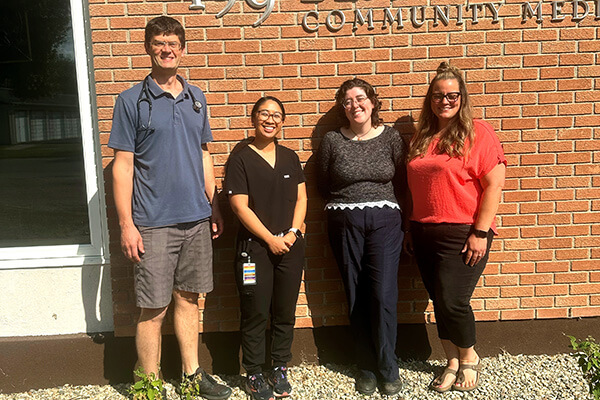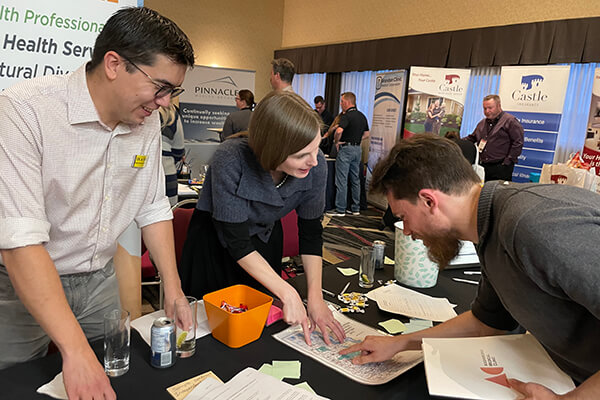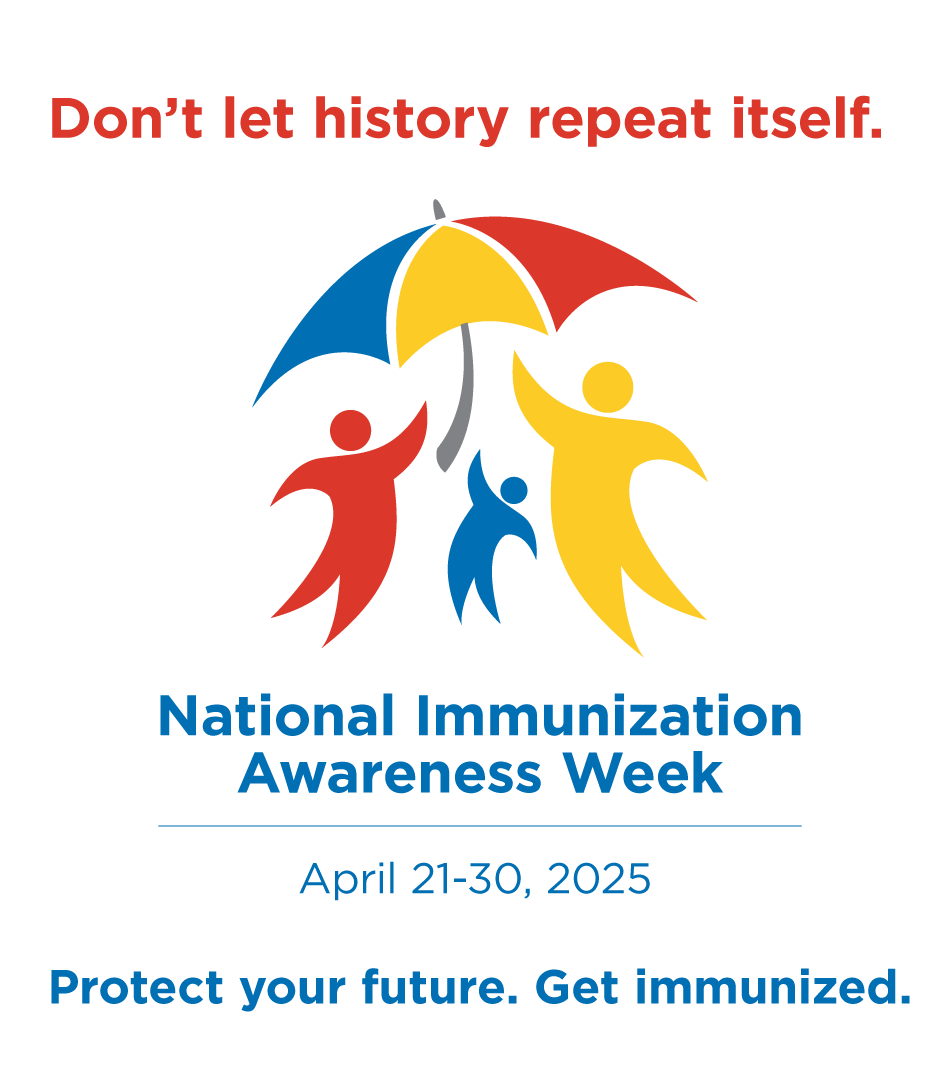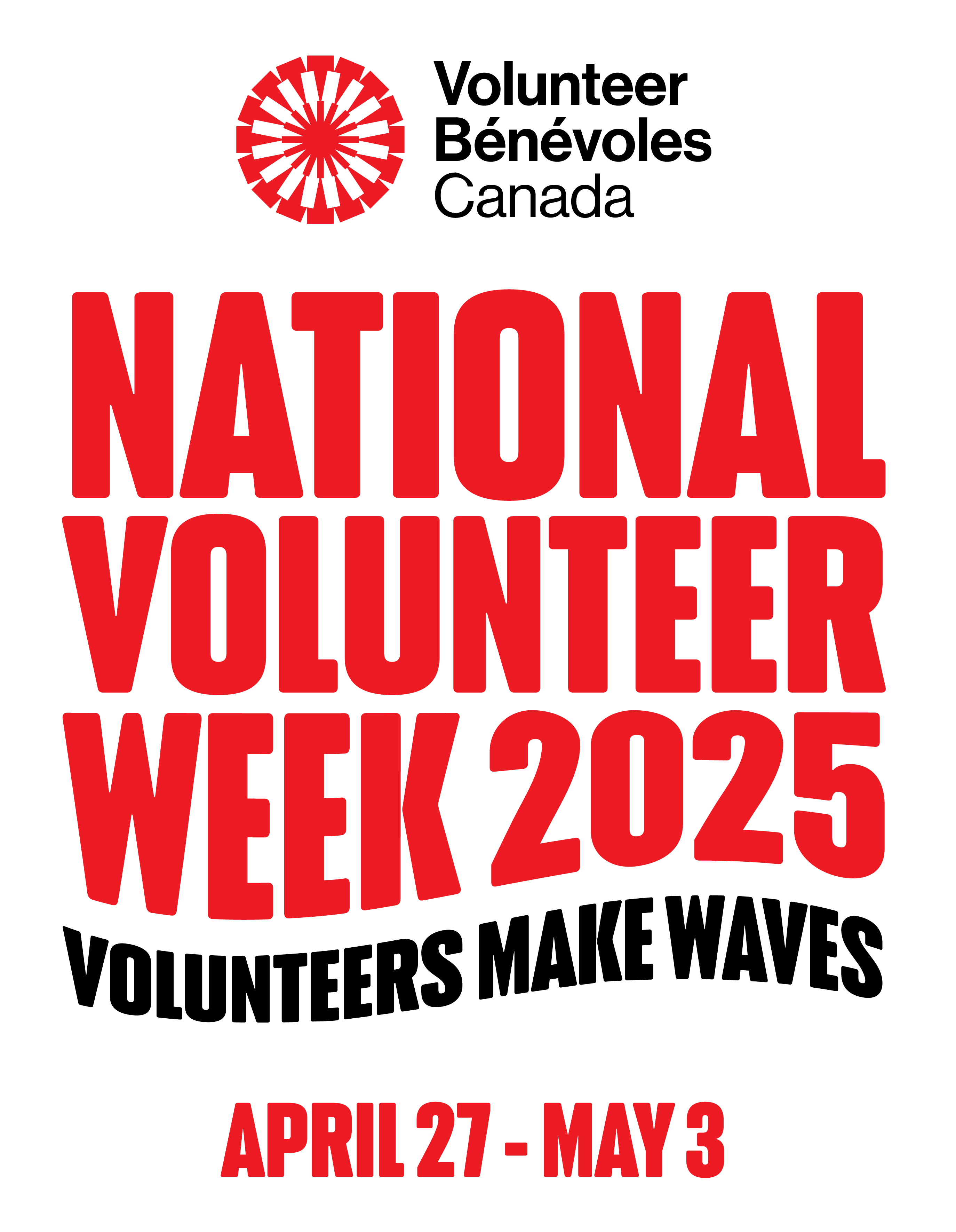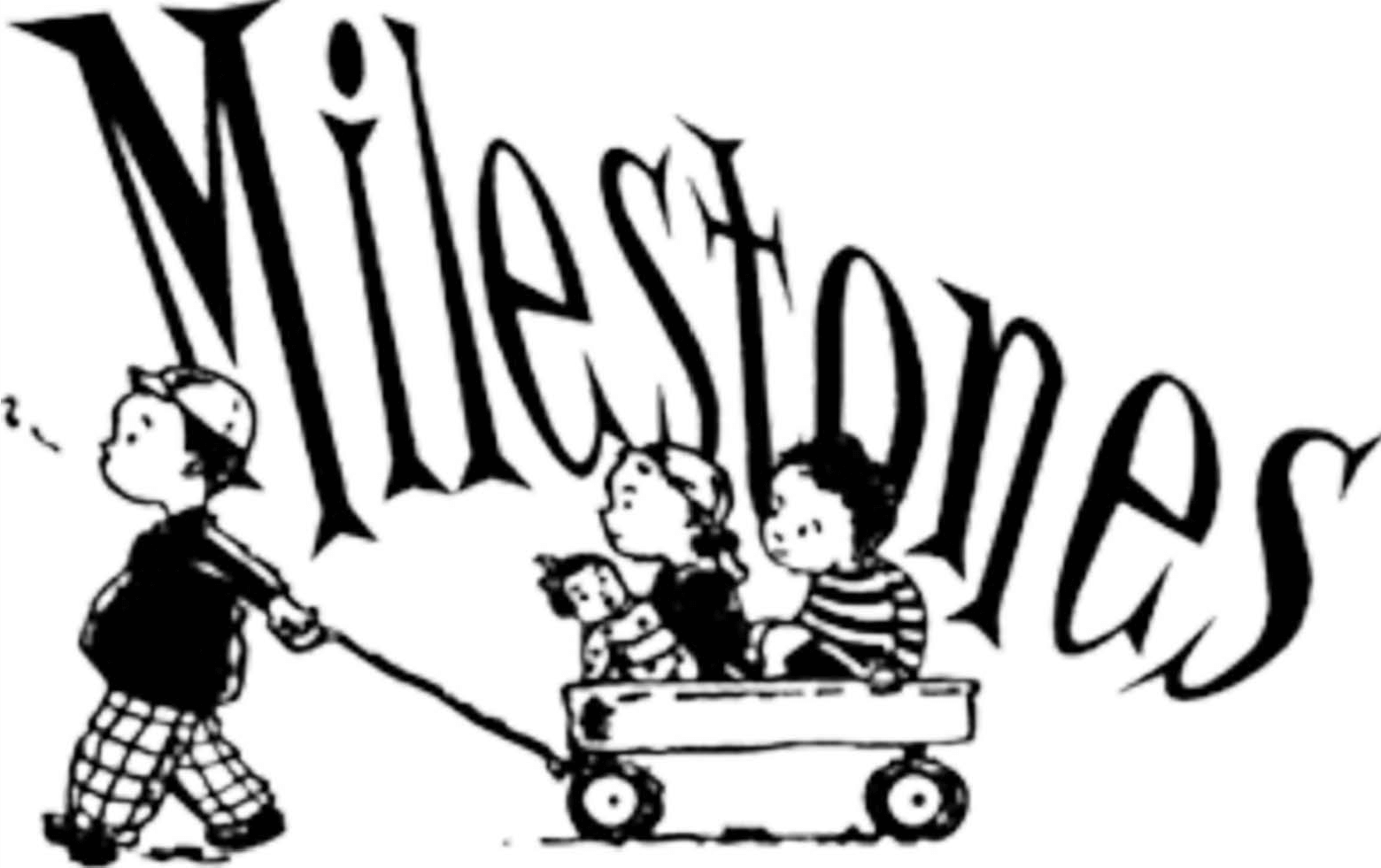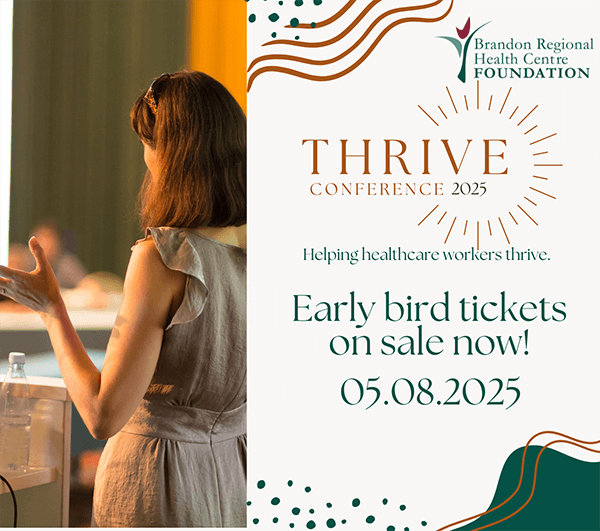Wellness for Seniors and Saving Money on Food
PMH’s Health Promotion team works on promoting health for all ages! One way that the Health Promotion team promotes health for Seniors in the Swan Valley is through Coffee and a Chat. Coffee and a Chat is a morning of interactive presentations for Seniors organized by Services to Seniors in Swan River. During the last week of every month, two or three presenters from different community organizations such as PMH present to Seniors that gather in Birch River on Tuesday, Benito on Wednesday, and Swan River on Thursday. It is a time to learn, ask questions, chat, and share a snack or meal. Recent topics presented at Coffee and a Chat included budget friendly meals, basic first aid, starting garden seeds, grief, the Canadian Dental Plan, mental wellness, and more! Coffee and a Chat has been a monthly fixture in the Swan Valley for Seniors since 2022 thanks to Services to Seniors and the many grants that have made it possible!
Here are some of the budget-friendly tips that were shared for saving money on food. There are many different ways to save money on food, such as during grocery shopping, storing of foods, cooking, and using leftovers.
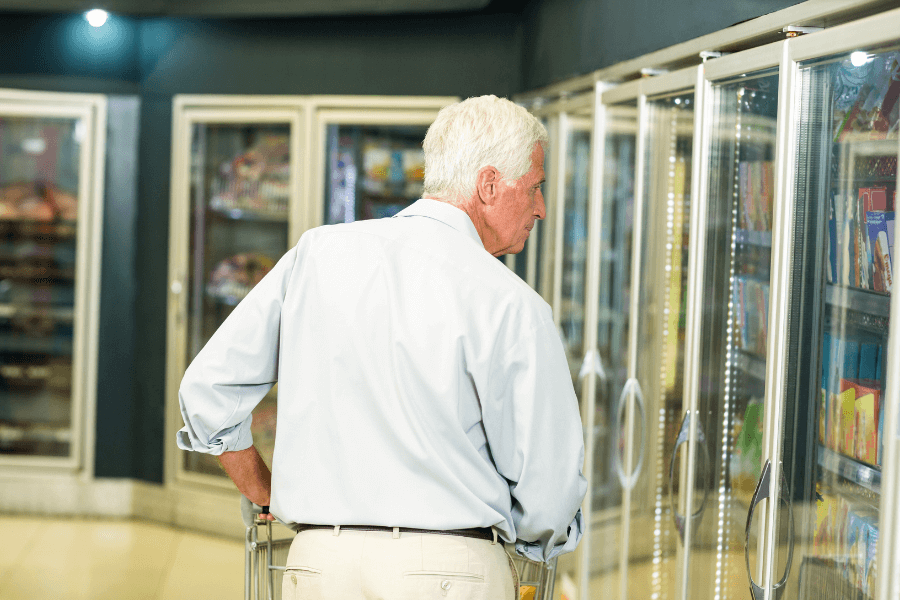
- Saving money can start with planning meals. Planning meals looks different for everyone, but having a plan of what food you will eat for the next few days or week can help you focus on what you actually need at the grocery store, rather than buying items you may not use up. Use this menu planner template to help plan your meals. Shopping once a week with a plan can help save money if you find you often have to run to the store many times per week.
- Shop your pantry, fridge, and freezer first! Check out what you already have that could make some meals.
- Make a list and stick to it when grocery shopping. Shop the flyers and sales, and learn if any grocery stores near you price match other stores. Paper flyers can be used to price match or digital flyers such as on apps like flipp or reebee.
- Take advantage of “points” programs or free memberships at grocery stores such as Co-op, PC Points at Superstore, No Frills, etc., programs at Sobeys, Save-on-Foods, and more. However, be careful to only buy products you need, rather than buying products only for points.
- Some people find it helpful to set a food budget for themselves and add up the groceries as they are added to the cart.
- Buy larger packages if it will keep and will get used. Depending on the size of your household, larger packages may seem like a waste. However, items like meat can be purchased in big packages and then split into individual packages at home and frozen. Buying larger packages of flour, sugar, oats, dried barley, beans, lentils and other non-perishable items are generally cheaper and have a long shelf life.
- Shop the “reduced” section of the store if you are able to use the items right away, or freeze for later. Bread products freeze well, and some fruits and vegetables may be frozen but may need some extra steps like cutting up or blanching.
- Frozen and canned fruit and vegetables are often less expensive than fresh and are easy to keep on hand. Frozen and canned fruit and vegetables have just as many nutrients as fresh, and are so versatile! Pop them into soups, chili, casserole, roast them, steam them, add them to a stir-fry. Keeping your freezer or pantry stocked with veggies might mean less waste of fresh veggies.
- When buying fresh, buy fruits and vegetables that are in season, this will most likely mean better price, and taste!
- Buy store brands of items if they are less expensive and you still like the taste of the item.
- Compare the per unit price on items when you’re not sure which option is less expensive.
- Replacing some meat with meat alternatives can be cost effective. Meat alternatives like beans, chickpeas, lentils, and tofu provide protein for much less cost.
- Shop around between grocery stores if you have the time and transportation to do so.
- Eat before you go shopping, shopping hungry can mean buying food that wasn’t on the list.
- Ensure to store foods properly so they stay fresh and tasty for as long as possible.
- If you have the space, time, and resources, growing a garden can help with food costs. Learning how to preserve garden fruits and vegetables is helpful as well.
- If you live on your own, cook with a friend and split the cost of the supplies. This means you can buy larger packages of food, and ensure items are getting used up.
- Cooking at home and packing a lunch instead of eating out can save quite a bit of money.
Income can be a barrier for a lot of people being able to afford food. Check to make sure you are receiving all the benefits from the government that you are eligible for. Better income can lead to better health. Within PMH there are many opportunities to access food at low or no cost. Visit Manitoba 211 or ask at your local health center to see what opportunities are available in your community.






